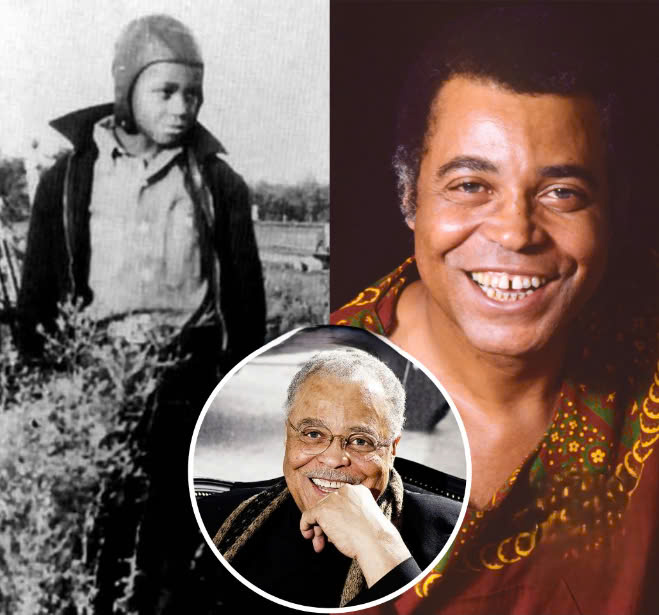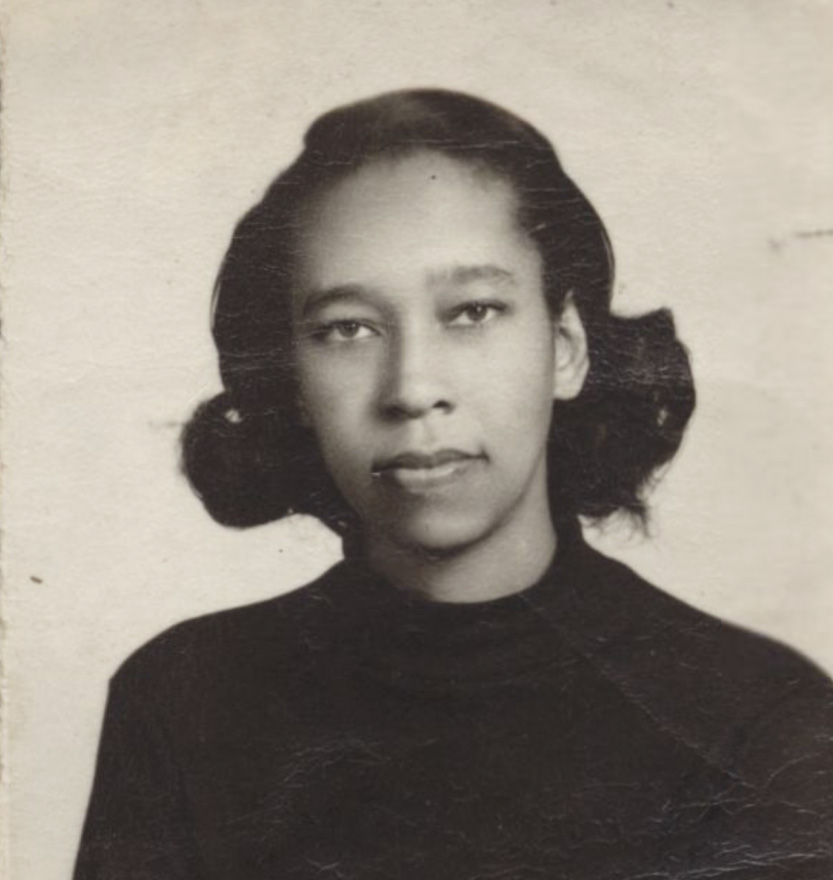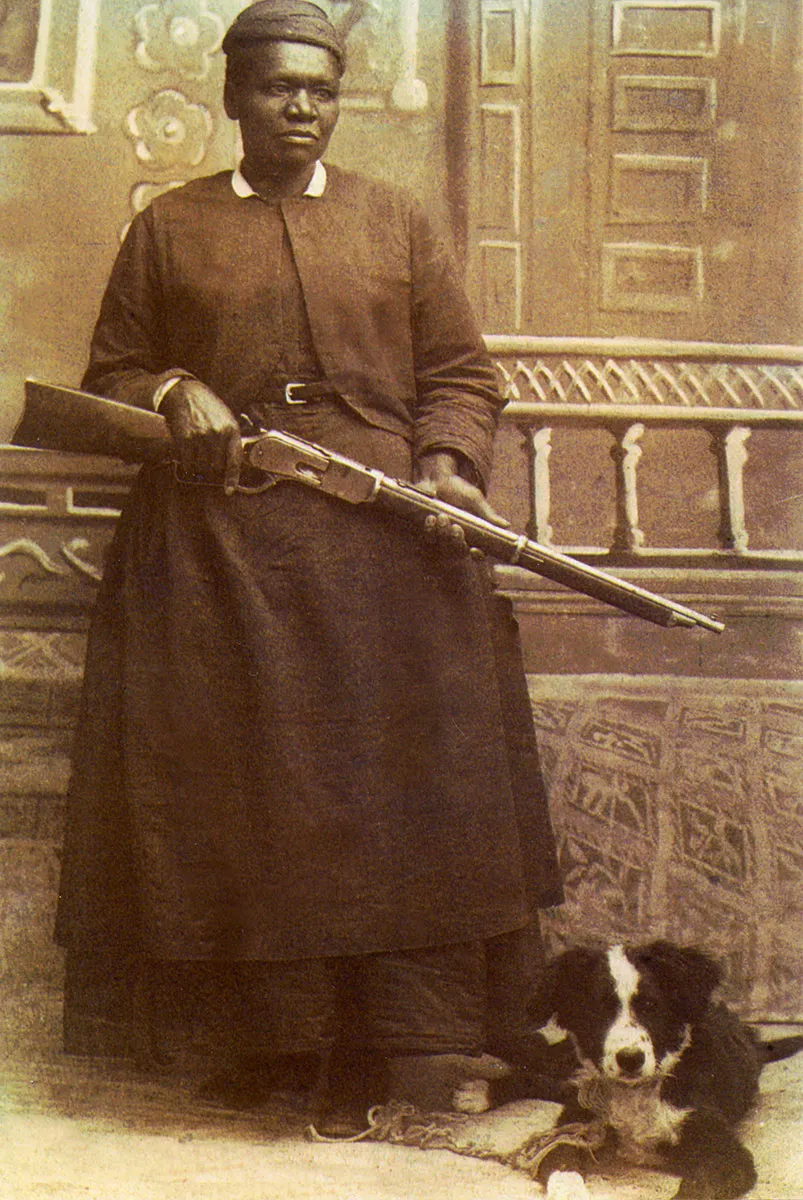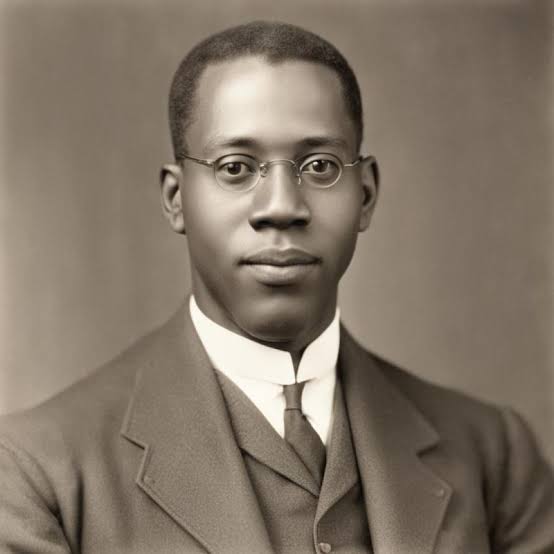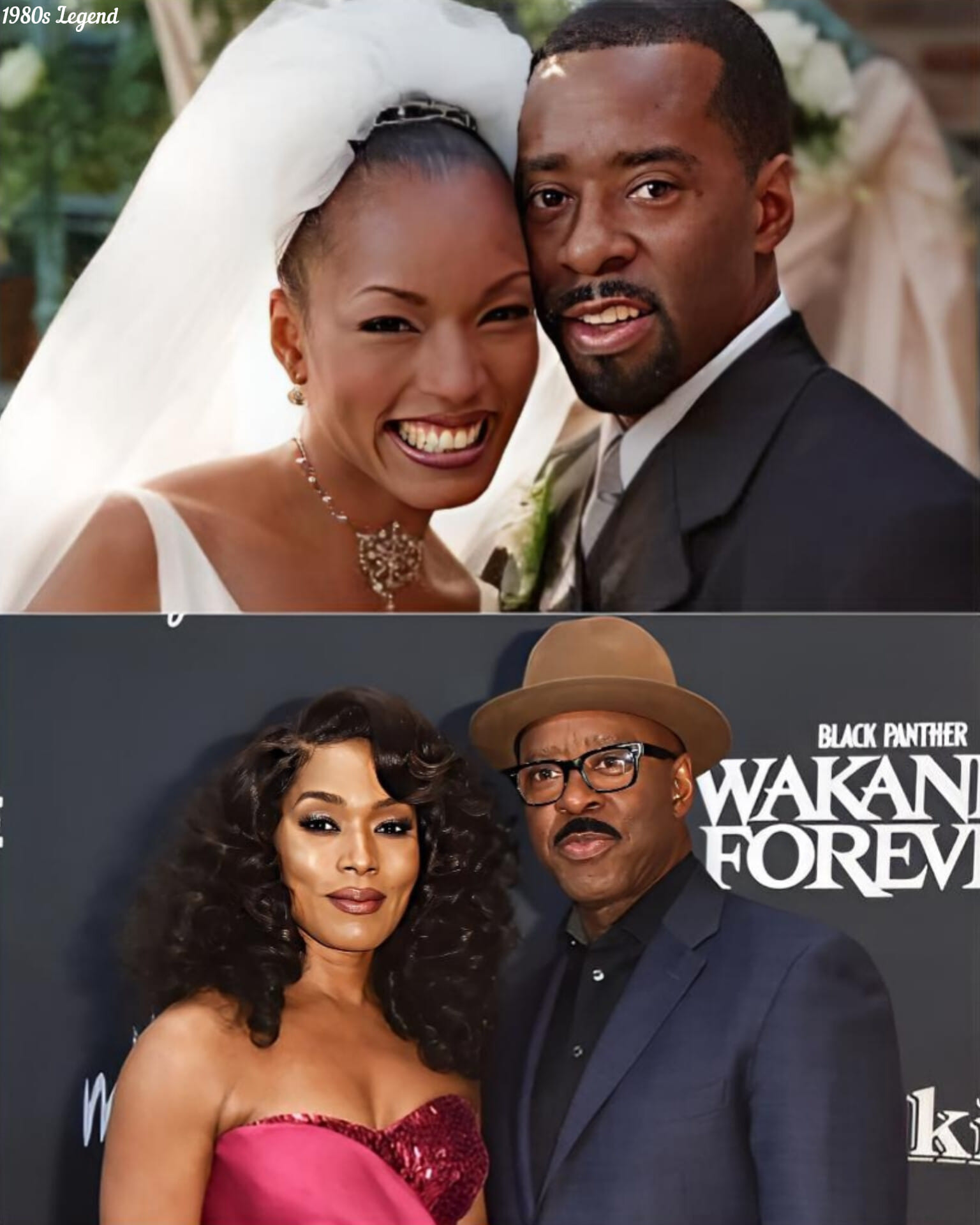African American billionaire Sheila Johnson shares her business secrets in the recent interview.
While many individuals of high net worth aren’t inclined to share their opinions on strategically important issues that involve being successful in business, Sheila Johnson who coincidentally has been said to be the first black woman to achieve billionaire status has done just that.
For the record, Sheila Johnson is the founder and CEO of Salamander Hotels and Resorts, the co-founder of the famous Black American Cultural Channel BET, the Vice-Chairman of Monumental Sports and Entertainment and also the Team President, Managing Partner and Governor of the Women’s National Basketball Association (WNBA) in the United States.
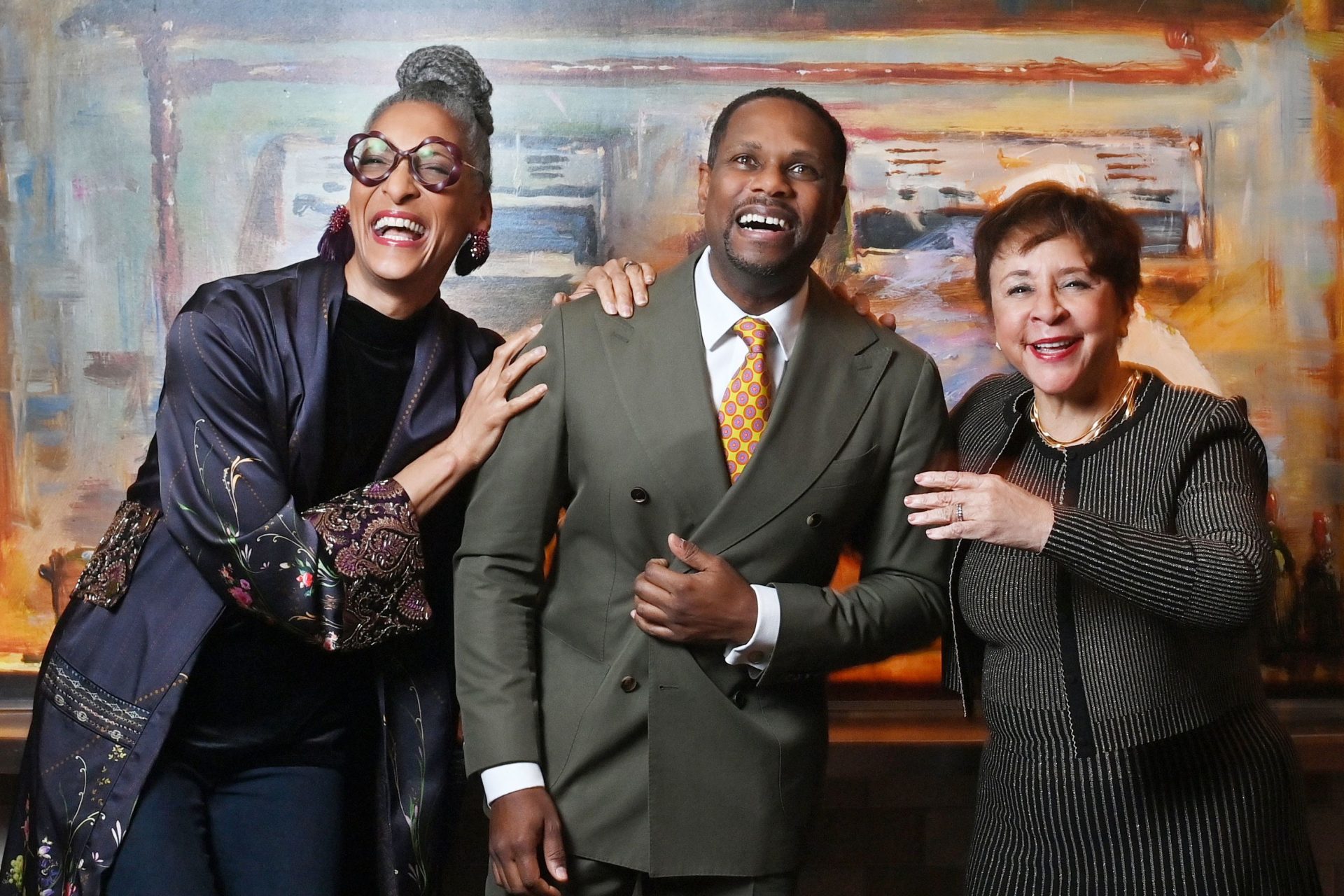
As per the interview, the first issue she raised was that it is tough being a woman in business as access to loans or investments in a business, she alleged was more in favor of men who can “walk into any bank with any business idea” and get funding and financing with ease.
She also alluded to the fact that men get second chances after they have failed while women don’t get second chances as well.
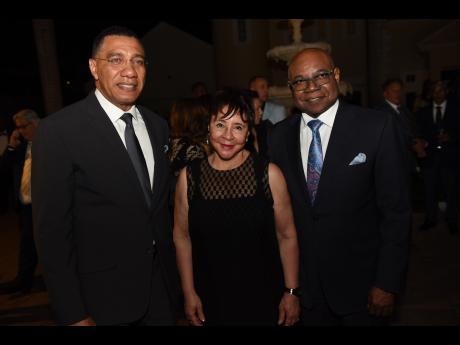
Sheila spoke about her disappointments indicating that she has had women who didn’t help her when she needed their support. She also said that its “almost like a crab-in-the-barrel mentality” where women are pulling other women who want to rise down. She referred to the happenstance of insecurity on the part of those women who pull others down.
She went on to describe her inner thoughts after the purchase of her WNBA team and seeing the way and manner that her female players interact with themselves stating that she’d “like more women to get into sports” showing that the team spirit and healthy competition will be traits that women will learn over time. She explained:
“They learn a special communication s𝓀𝒾𝓁𝓁: trust.”
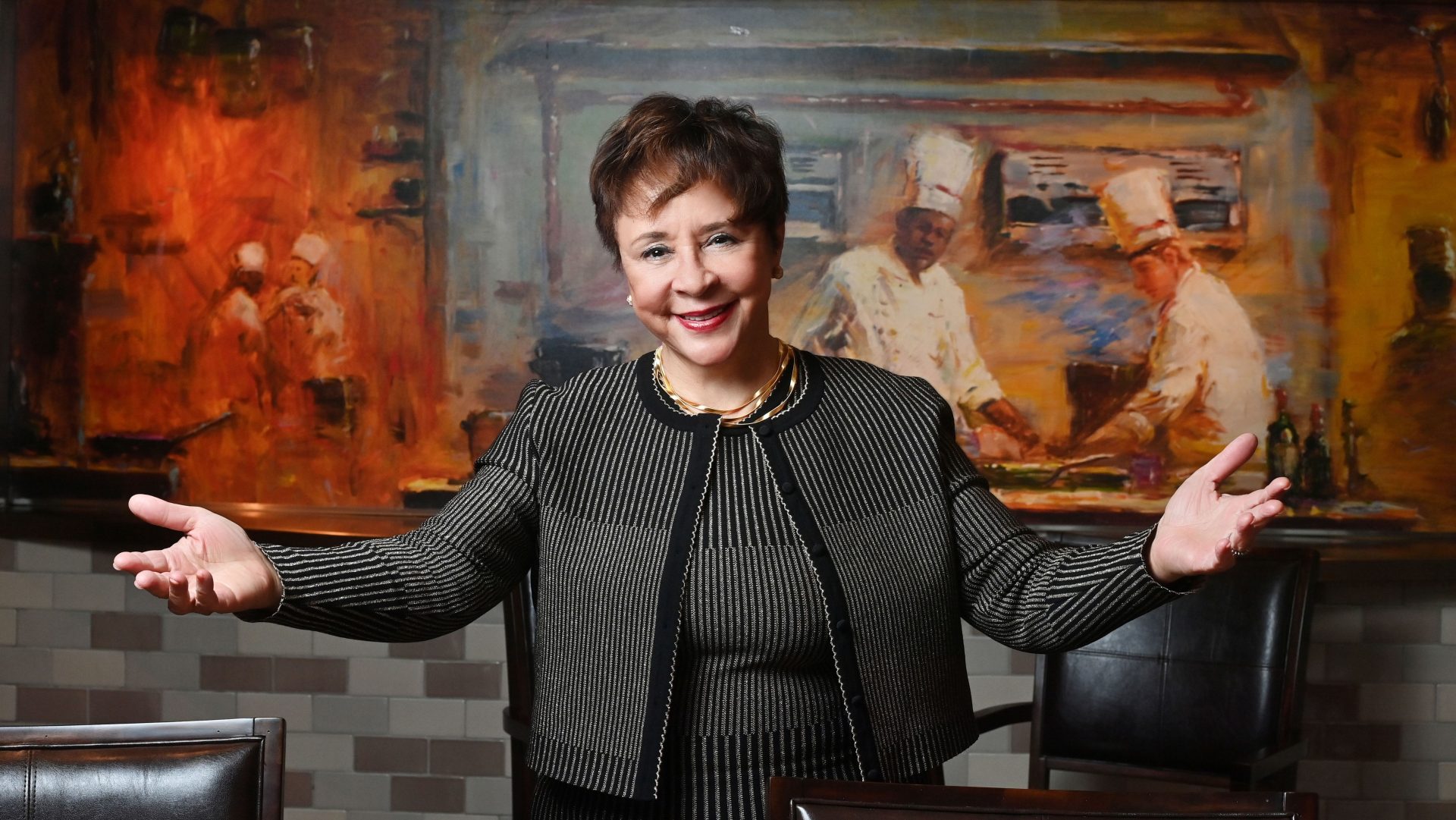
On the $3 billion acquisition of BET by Viacom, Sheila had indicated that she had become “ashamed of what BET had become”. She thought that it should be “the real voice of the African American community” adding that she wanted it to become the CNN for African Americans. While she further acknowledged that “edutainment” was necessary, she alluded that the programming was tilted towards entertainment rather than education.
On the issue of the wealth gap and her being a billionaire, she indicated that “it’s tough” because she had also made her way to the top and when she notices young African Americans struggle she said that she wishes that she “had enough” to be able to “reach out” to everyone and to “take them under her wing”.
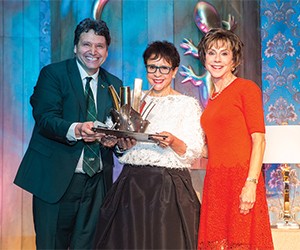
As for education, she said that “people put so much emphasis on education” but there are many people, both black and white, who can’t afford to go through college. She expressed her position in the following way:
“ If there’s anything I can tell anyone out there, if you can afford to go to college either try a community college or vocational and start building a business from there because there’s money there”.
She encouraged would-be entrepreneurs to start small. She also wants to inspire women who coincidentally were afraid of the opportunities given.
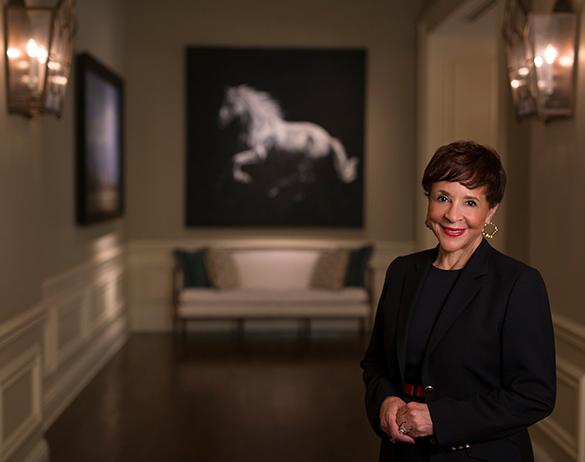
Sheila spoke of a “We Capital Investment Group” which consists of herself and a mastermind group of women entrepreneurs who have set aside funds to invest in other women entrepreneurs’ incubator projects due to the same reticence experienced by banks and other institutions when it comes to investing in women. She further narrowed the scope of those companies to be those that have a social impact in nature but that are also profitable as well. She said that the amount of money raised from the consortium of women was just over $12 million. She also indicated that apart from the financial commitments, the investors will also provide advice and tips to enable the women CEOs to grow their businesses saying:
“I think that these are the kinds of things that women need to do for one another because they are not getting that support from men”.
If the interview is anything to go by, social capital is a powerful form for ensuring business success regardless of gender. Also, vocational s𝓀𝒾𝓁𝓁s could be one effective way for anyone considering an entrepreneurial pathway; sound advice that could be used by anyone anywhere.
